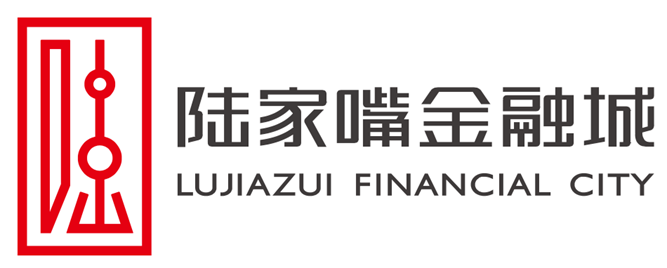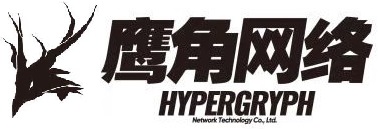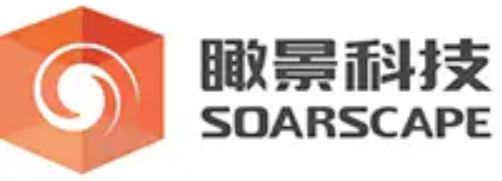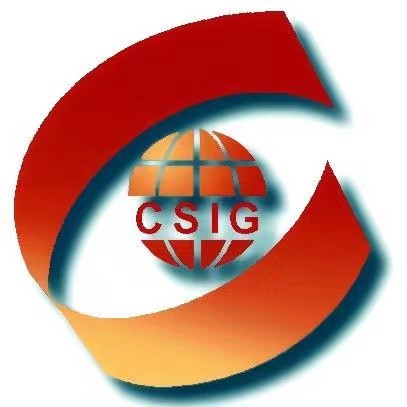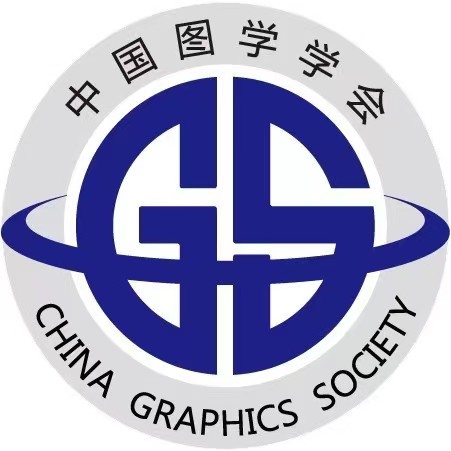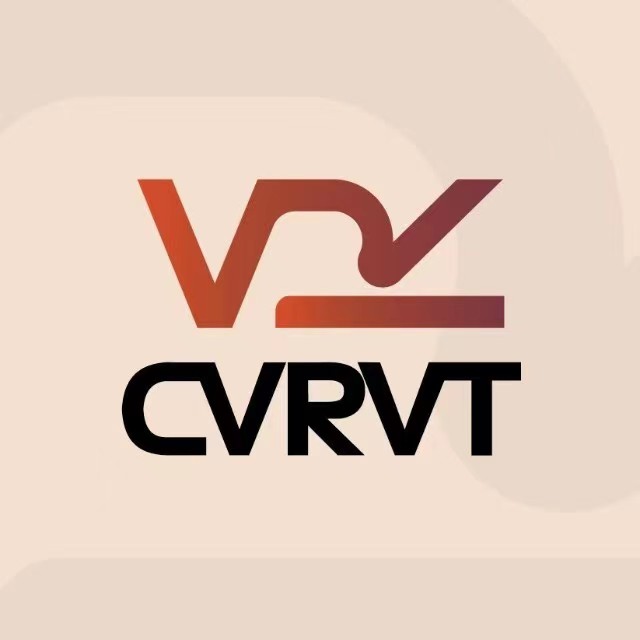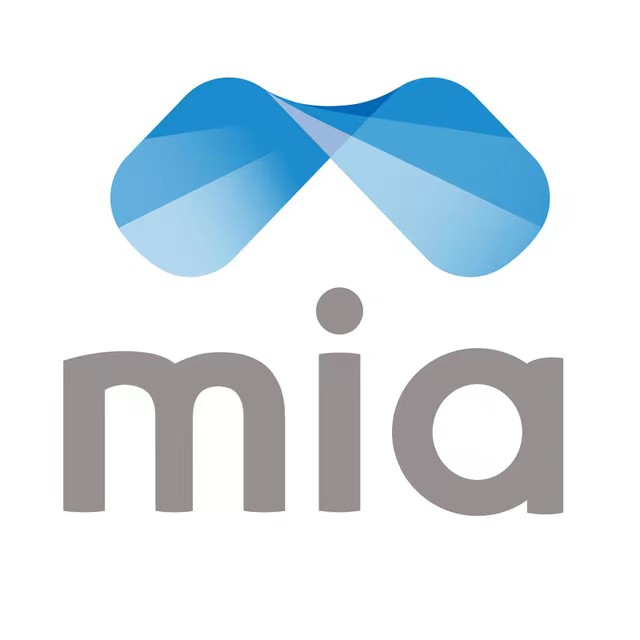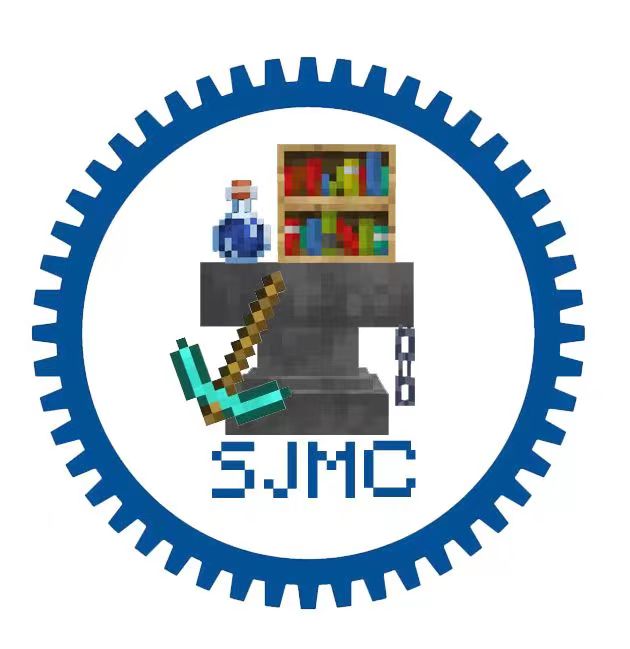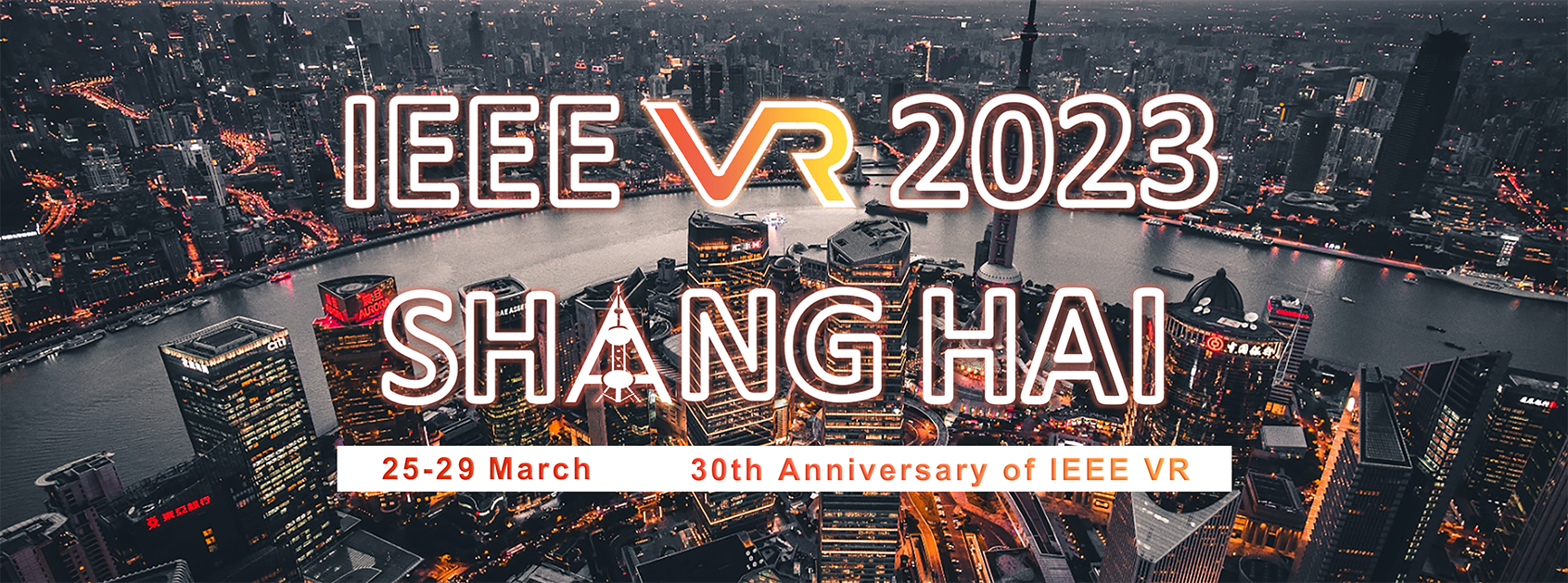
Call for Workshops
IEEE VR 2023: the 30th IEEE Conference on Virtual Reality and 3D User Interfaces
(March 25-29, 2023)
http://ieeevr.org/2023/
Important Dates
- December 2, 2022: Proposals and CFPs due
- December 9, 2022: Notification of results
- January 20, 2023: Latest accepted workshop paper notification
- February 3, 2023: Camera-ready submission of workshop papers for inclusion in the IEEE Digital Library
- March 25-26, 2023: Workshops (held on the first two days of the conference)
Overview
We invite individuals or teams interested in organizing such a workshop to submit proposals that will work well online or on-site at the conference venue for IEEE VR 2023. IEEE VR 2023 will probably be held in a hybrid mode, depending on the pandemic situation and potential travel restrictions next year. We encourage workshops to consider this in their initial submission already to maximize participation. However, at this moment, we would suggest the oversea organizers and participants may have to organize/attend the conference remotely and in a hybrid mode. To maximize the conference expereince, we are technically preparing a hybrid conference, including virtual and onsite attendees. For workshops, we will have rooms to let the onsite attendees to be involved and connected even though organizers and presenters host the workshop remotely. Although longer workshops will be considered, we encourage shorter efficient workshops or online workshops split over sessions spanning one or two days with long breaks between sessions in order to reduce video-conference fatigue and to provide attendees time to reflect between sessions.
Workshops are intended to bring together researchers, developers, technology providers, practitioners, and users for a lively and interactive discussion of issues through an informal exchange of ideas and information. Workshops may target a specific application area, a specific research area, or a topic of general interest. Workshops should be more than just a mini-conference of paper presentations. Workshops may include, but are not limited to:
- A focus on creating and exchanging new ideas and opportunities to meet new people
- A balance of formal presentations with informal discussion and ideation
- Emphasis on attendee participation and interactive discussions
- Thought experiments and playing with ideas
- Curated panels
- Position papers
- Recorded sessions prepared in advance of the conference for attendees to watch at their convenience before live workshop discussion
- VR experiences for attendees to try remotely before live workshop discussion
- Live application development by both speakers and attendees
- Inclusive VR and geographical diversity
- Creative ways of supporting participation across different time zones
- Breakout groups and presentation of ideas generated by the groups
- A summary session concluding with lessons learned, insights gained, and new ideas generated from the workshop
- Continued discussion after the conference.
Submission Guidelines
Workshop submissions require a short two-page maximum proposal and a call for papers (CFP).
- The Workshop Proposal is an internal document for decision-making purposes only. We strongly encourage submitting the proposal through the following Google form: https://forms.gle/XQ9rN8rtF2iRyNaJ6.
-
However, organizers without access to Google are welcome to email a PDF proposal (two pages max) to the Workshop Chairs at workshops2023 [at] ieeevr.org, which should address:
- Workshop title (and acronym if applicable)
- The goal of organising the workshop
- Has the workshop been organised before?
- If yes, how many times has it been previously organised?
- If the workshop has been organised before, how many people attended last year?
- Primary organiser name
- Primary organiser email
- Names, contact information, and short bios of all the organisers (one page max)
- Other speakers and/or contributors
- Whether you want to organise your workshop online or on-site (at the conference)
- Attendee technical requirements (if any) beyond video conferencing (e.g., hardware/software required to fully participate)
- Target audience and/or attendee prerequisites
- Type of output from the workshop e.g., position paper, videos, collection of short papers, etc.
-
The Workshop CFP is the public document that will be posted and publicized. We strongly encourage submitting a PDF of the CFP through the Google form above. However, organizers without access to Google are welcome to email the PDF of the CFP (two pages max), which should include:
- The workshop title and acronym
- Expected workshop date(s) (tentative to change depending on conference limitations)
- Whether the workshop is organized online or on-site (at the conference)
- The workshop website
- A brief overview and description of the workshop (500 words or less)
- A list of the workshop's topics
- The workshop's format and submission guidelines, including for example speakers, discussion format, duration, topics, types of acceptable papers (e.g., research papers, position papers), acceptable lengths, and acceptable format (i.e., TVCG format).
- A list of important dates (if applicable to the format), including
- Abstract deadline (if applicable)
- Submission deadline
- Notification deadline
- Camera-ready deadline
- A list of the workshop organisers, including their affiliations and how to contact them
The deadline for workshop proposals and CFP submissions is Friday, December 2, 2022. Notifications of results will be sent out on Friday, December 9, 2022. Accepted workshop CFPs might be posted and publicized directly.
If accepted, workshop organizers are expected to distribute their CFP and announce the workshops through their professional networks. As listed in the Workshops CFP submission, workshop organizers are required to provide a workshop website and are expected to update that website as workshop details become better defined.
Workshop organizers are expected to issue any acceptance decisions to their contributors no later than Friday, January 20, 2023, in order to allow sufficient time for planning and advance registration for the conference. IEEE VR Workshops proceedings will be published electronically through the IEEE Digital Library, depending on the on-time submission of the proceedings by the workshop organizers before the mandatory IEEE deadline of Saturday, January 29, 2023. Organizers of accepted workshops are encouraged to seek assistance from the Workshops Chairs to navigate this process.
Contacts
For more information and inquiries, please contact the Workshop Chairs at workshops2023 [at] ieeevr.org:
- Daisuke Iwai (Osaka, Japan)
- Bhuvaneswari Sarupuri (Rennes, France)
- Gabriel Zachmann (Bremen, Germany)
- Xinyu Zhang (Shanghai, China)





